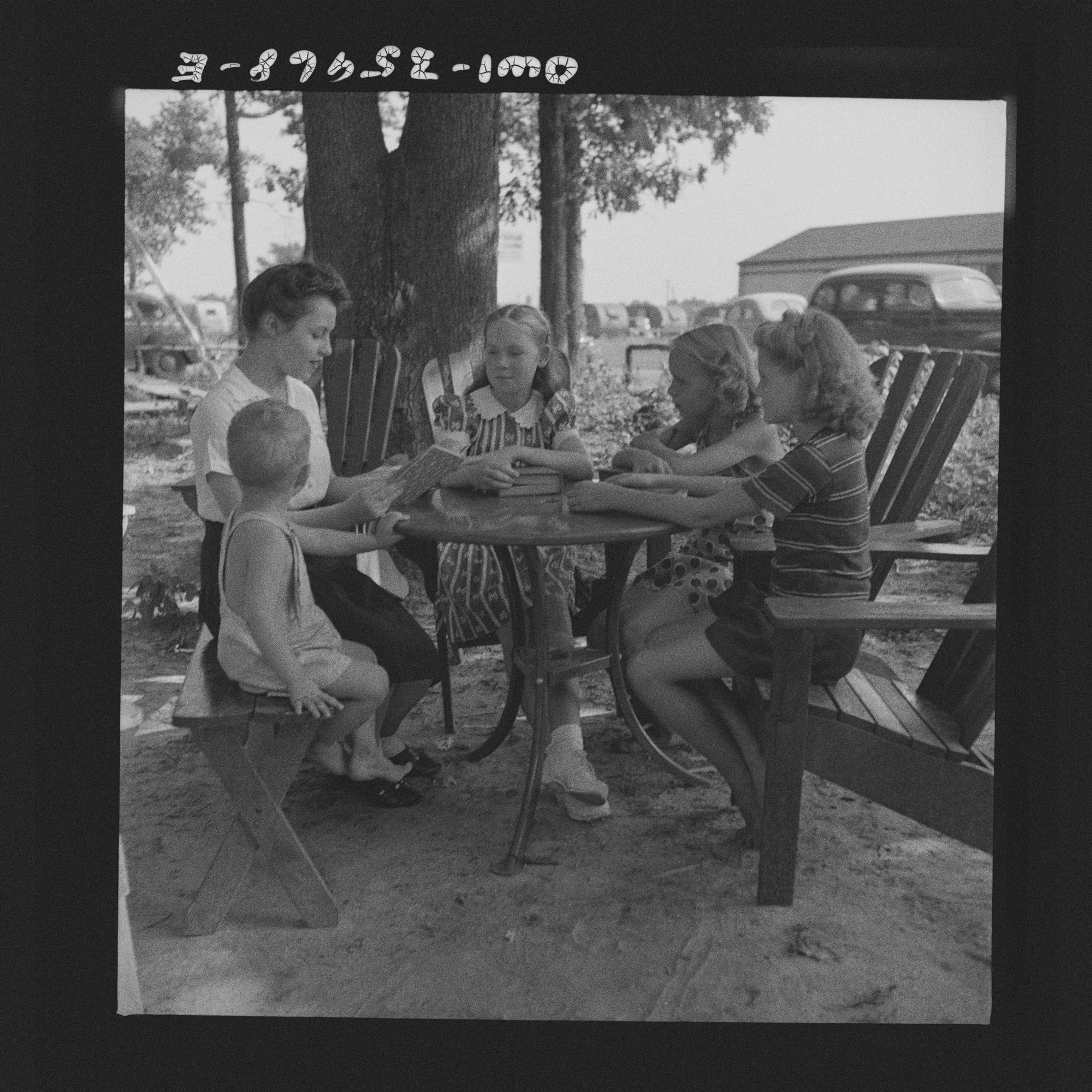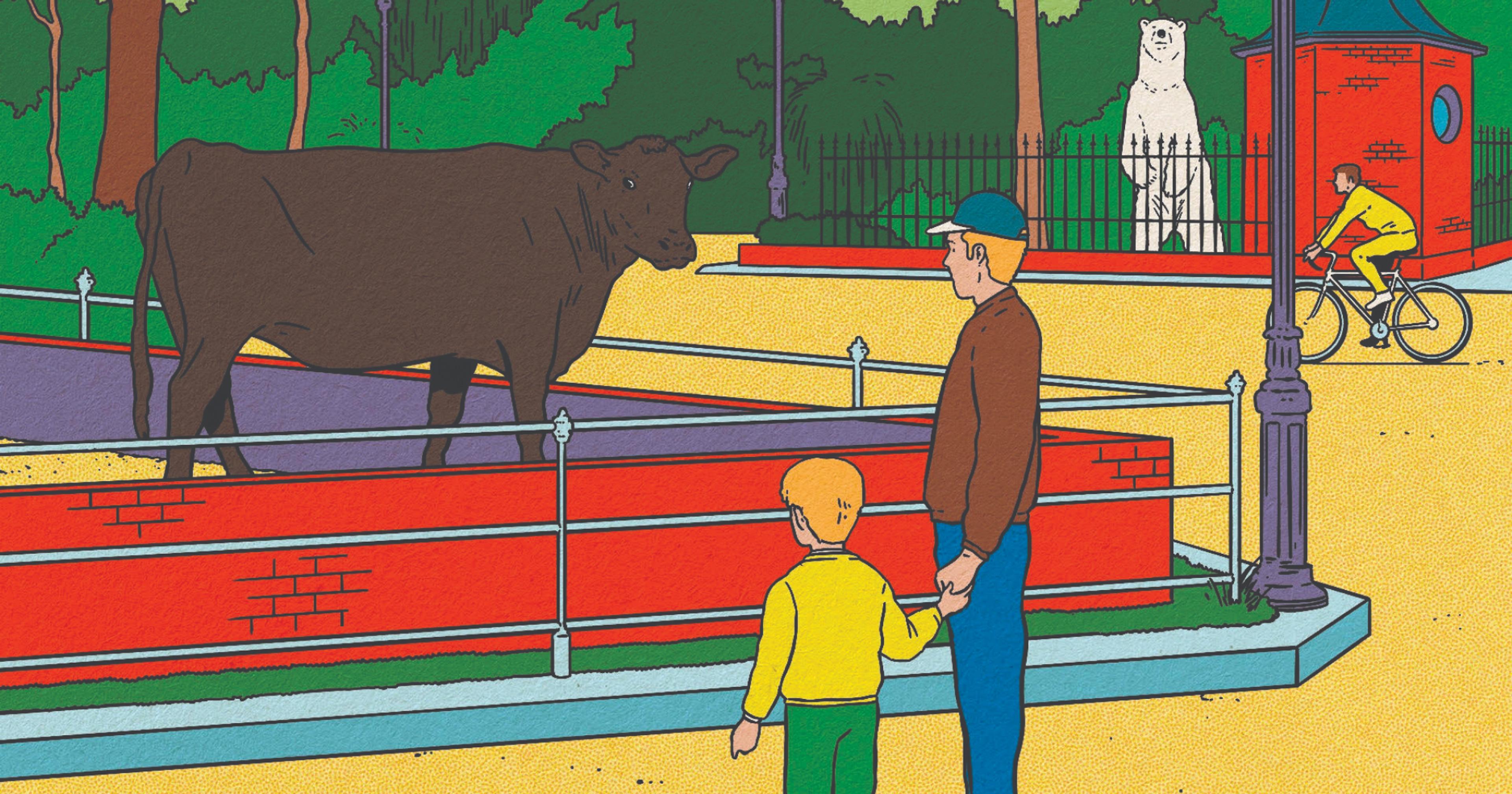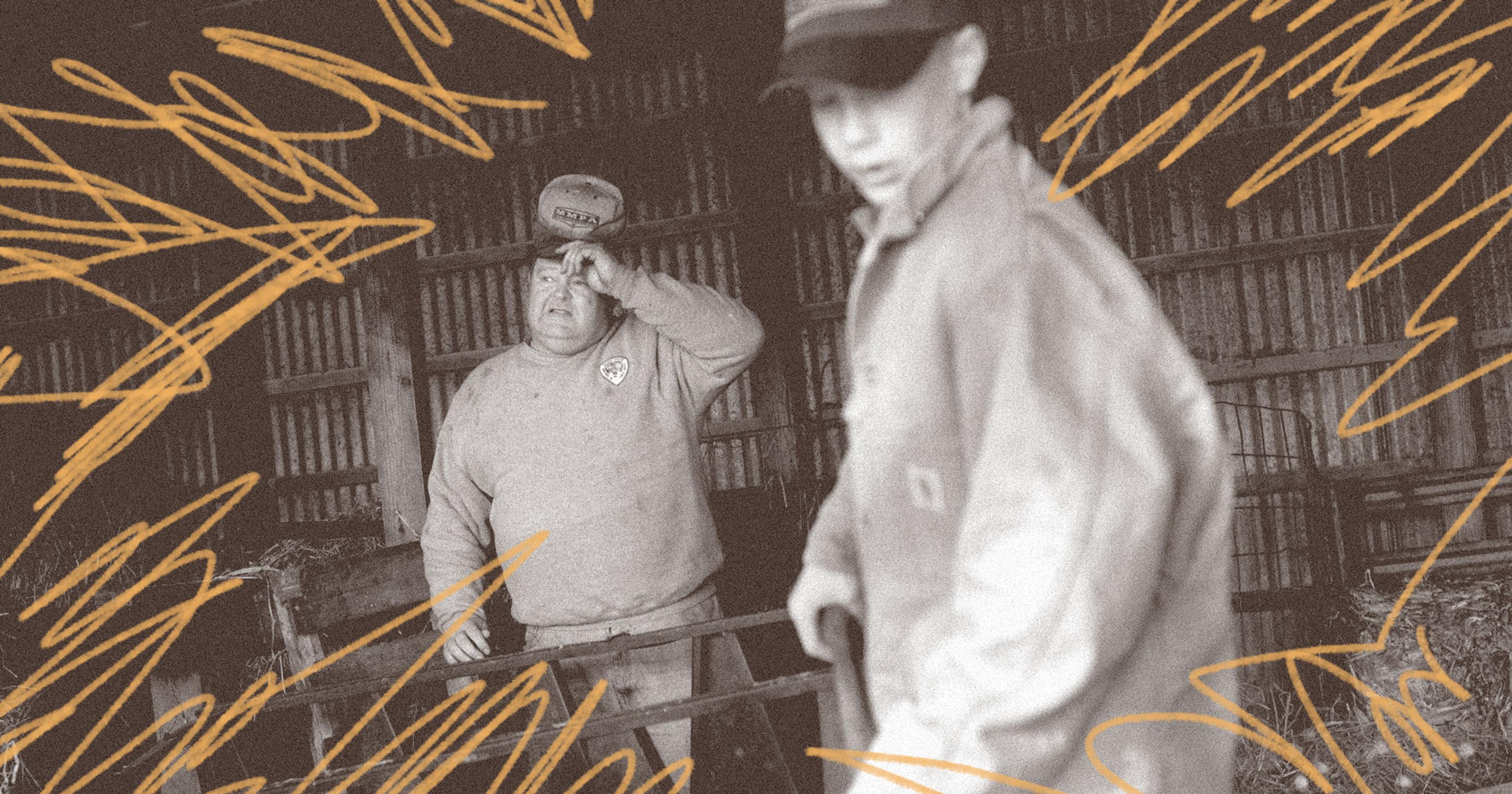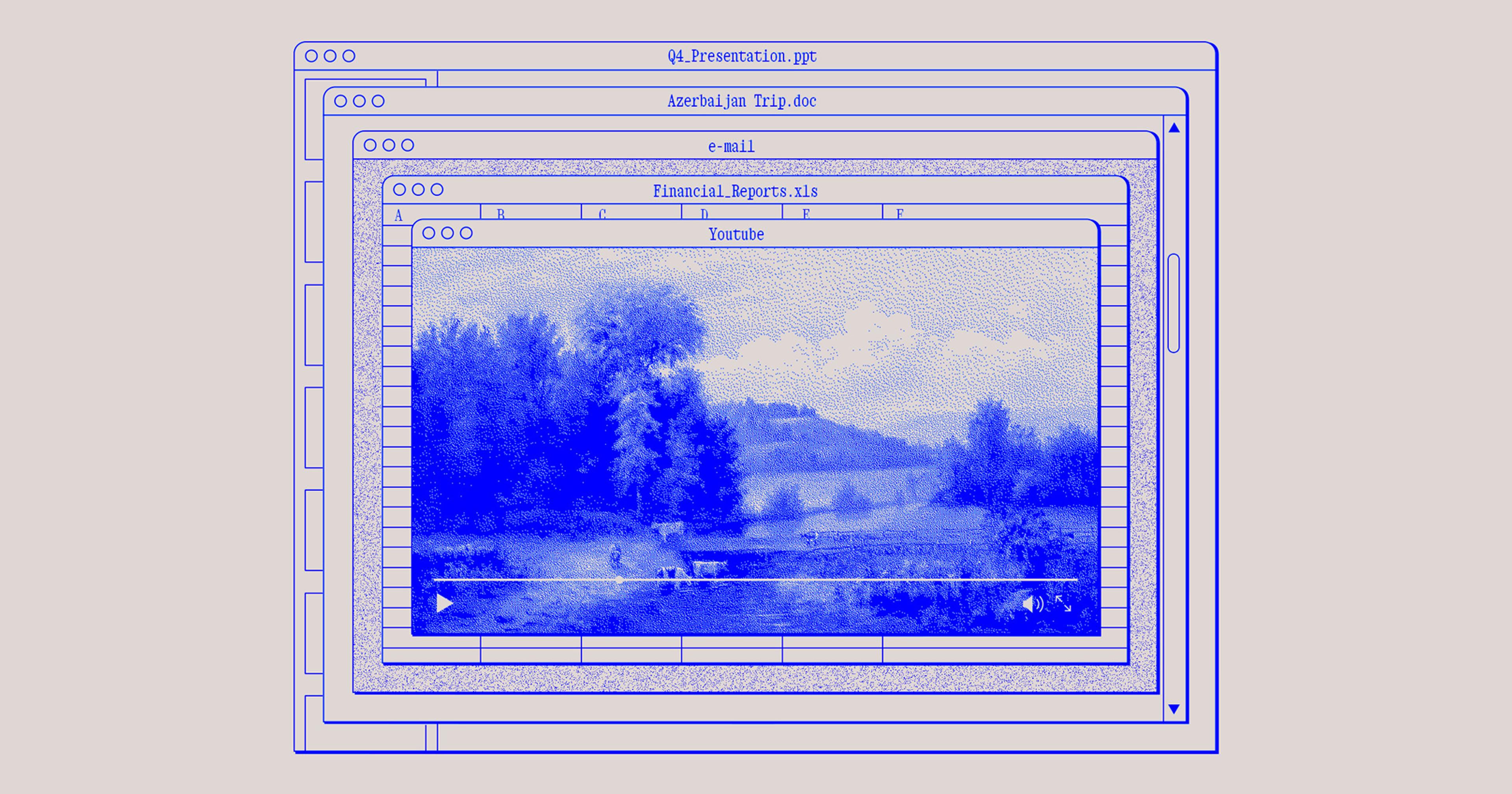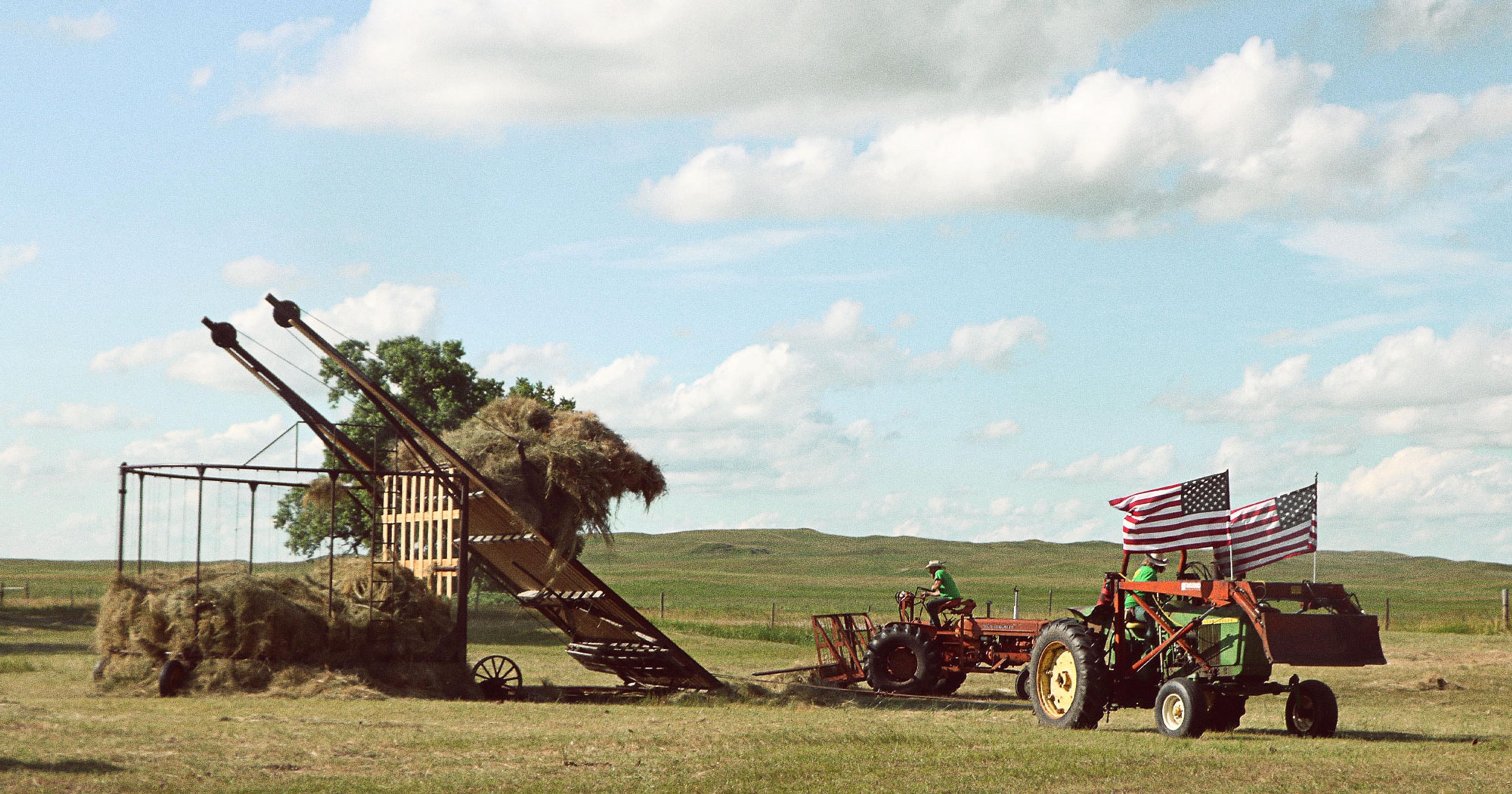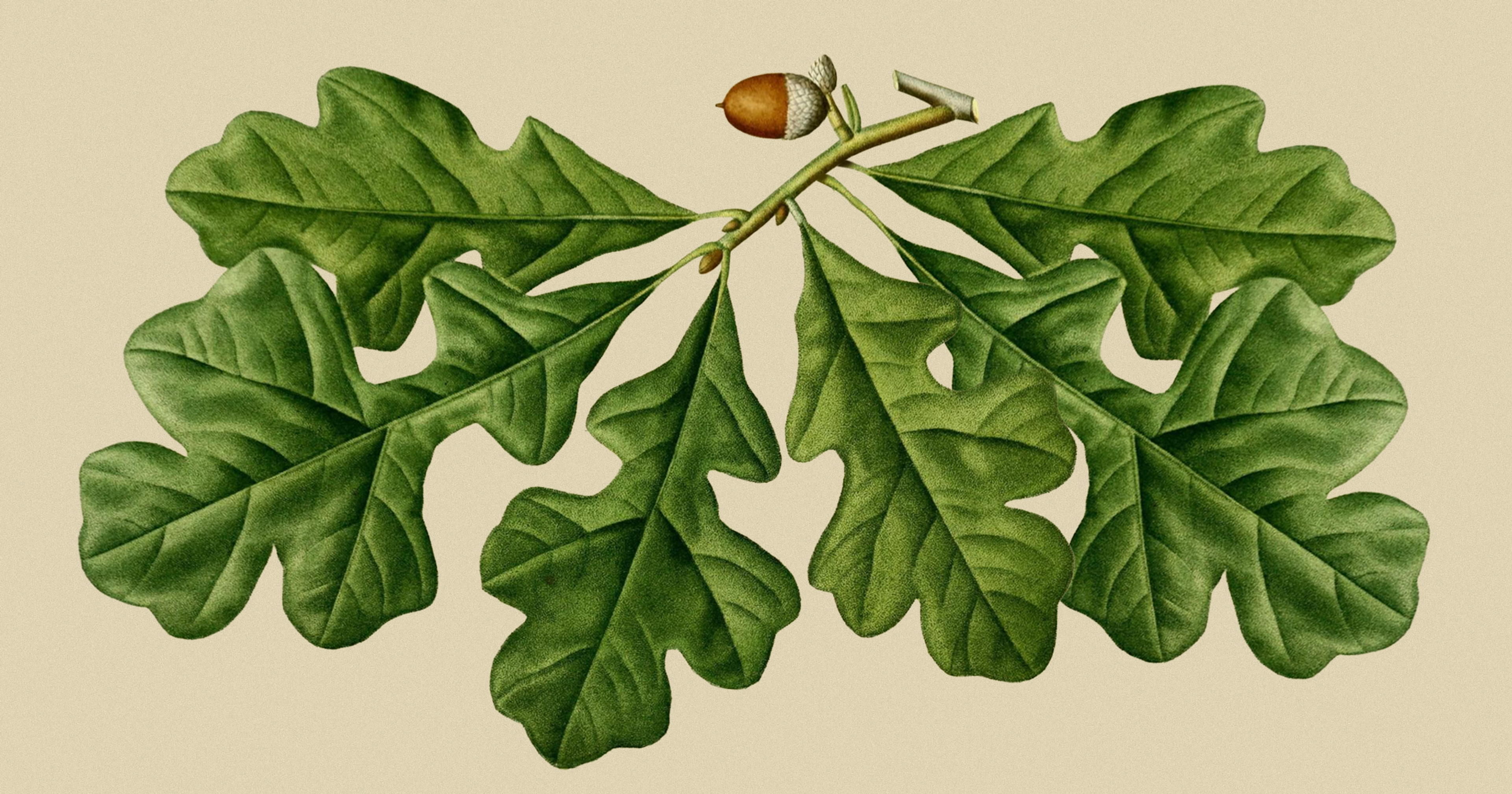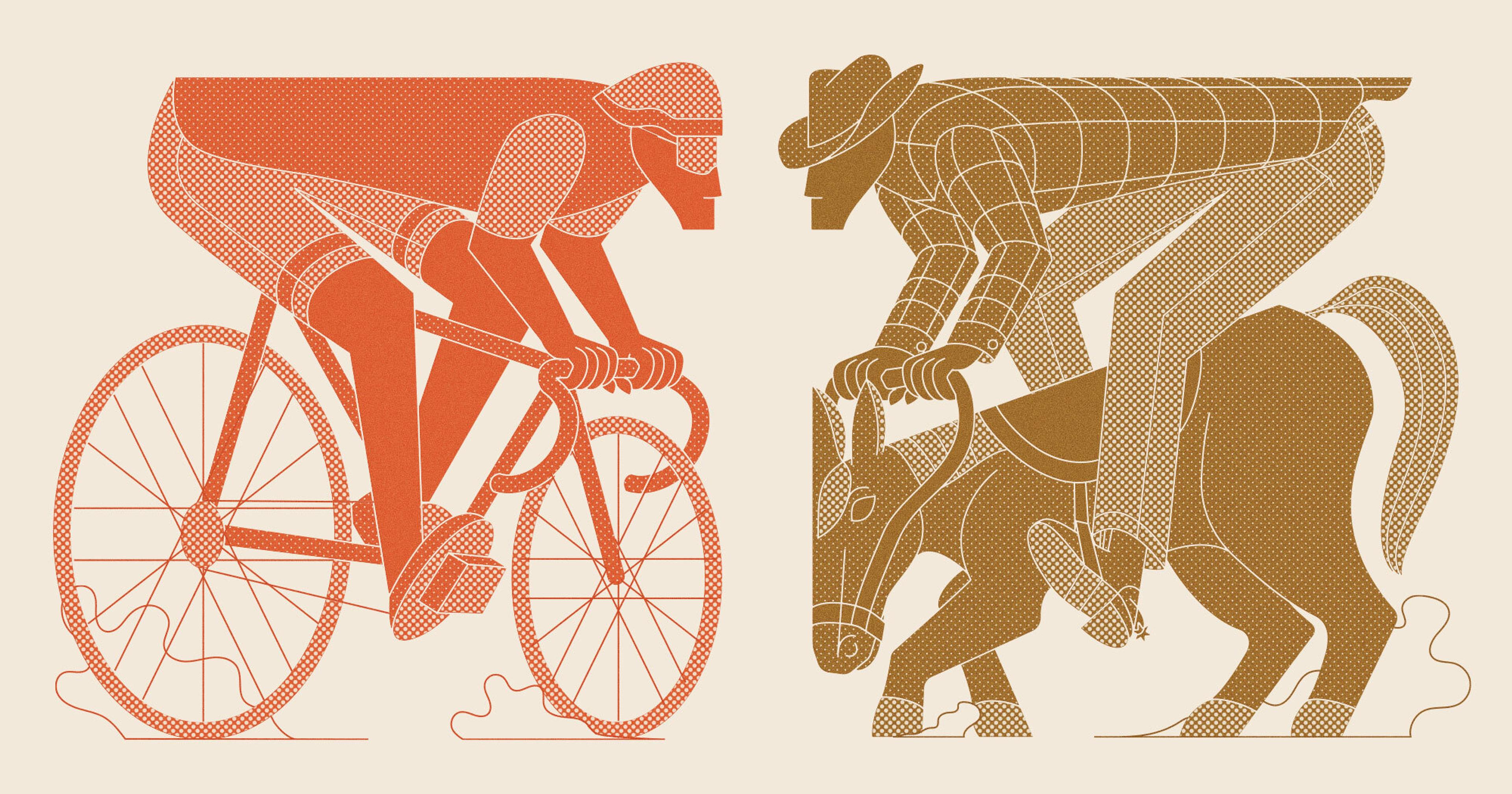Today’s kid lit on farming spotlights its diverse reality instead of yesteryear’s cartoonish tropes.
Several years ago, when Andrea LeFevre was reading to her kids at bedtime, she often chose titles about agriculture. After all, she grew up on a farm, works on a farm today, and sought to give her children a glimpse into that lifestyle.
But managing a soybean and corn farm with her husband in Northern Illinois, LeFevre noticed something concerning with the books she selected.
“They all had the same plot,” said LeFevre, “where the farm dad took his kids to do all the fun things, like feeding the cows and collecting chicken eggs, and at the end of the day, on the last page of the book, there’s the mother finally entering the story because she has supper ready for everyone.”
She sighed, as if reflecting on that hurtful moment, and then said, “It was like a dagger to my heart because being a farm wife, a daughter of a farmer, I knew that I contributed a lot more than just making meals. I felt like I needed to write a book on all the things that women on farms actually do.”
LeFevre’sdebut kid-lit book, On the Farm with Mama: Harvest Edition, reveals the unspoken work farm wives take on around the crops and barns, ranging from driving tractors to fixing broken equipment to encouraging her kids to participate in daily upkeep and maintenance activities.
“There is a big trend of authors writing kid books about farming, and it’s great to be part of this growing community,” she said.
LeFevre is one of many U.S. kid-lit authors who are attempting to teach kids about farming and food without using well-worn tropes of old male farmers with a cob pipe between their teeth. Instead, these writers want to show young readers the diversity in farming today while also educating them on where their food comes from — and academic research has revealed these books can help shape a kid’s diet.
Breaking Stereotypes
“Miss MacDonald has a farm. She loves that things grow. And on that farm she has some lettuce. E-I-E-I Grow! With a seed-seed there, and a sow-thrown there, here it shoots, here it sprouts, everywhere it sprouts-sprouts…”
This beginning to Kalee Gwarjanski’s take on the Old MacDonald refrain forms the thread running through Miss MacDonald Has a Farm, the Maine writer’s first children’s book. A self-described hobby farmer with 15 chickens and a garden brimming with lettuce, peas, and tomatoes, Gwarjanski echoed LeFevre’s motivation: She was tired of seeing the same-old farming stories taught to children, and she wanted to bring more veggies into the agricultural narrative.
“I also used to think books on farms were just about raising cows and pigs and not much vegetables, a simple farm,” she said, “but in my book I wanted to focus on quality produce.”
“I think kids should see that agriculture is an area that could be a career choice for them.”
Lisl Detlefsen, a Wisconsin mother, writer, and wife of a cranberry farmer, recalls reading too many children’s books “with negative stereotypes, with a farmer wearing overalls, corn cob pipe in his mouth, and his animals always pulling one over him because he’s portrayed as unintelligent. When I met my husband, he defied all those stereotypes.”
Detlefsen has written several books on farming and food for young readers. One standout is Time for Cranberries. It tells the story of how cranberries are farmed, a process that amazed Detlefsen when her husband first introduced her to the crop.
“I always describe it as Dorothy stepping into Oz,” she said, “because the color is incredible. You’ve got these beautiful crimson berries bobbing along the water, and it’s just beautiful, a really magical experience.”
Detlefsen also wrote Farm Boots, which follows farming families as they work and play in boots; Still There was Bread, a story about a grandmother teaching her granddaughter how to bake bread; and Right This Very Minute, which won the 2019 American Farm Bureau Foundation for Agriculture Book of the Year. The explores the journey of food from the farm to the table, a concept that Detlefsen contends more children should learn about whether at home or in the classroom.
“Kids come up to me and say they saw themselves in my books. They tell me how their friends or cousins can now understand what a harvest is.“
“It’s important to understand and appreciate and value our food system,” she said, “and we can have blinders on thinking there is one way to live. I think kids should see that agriculture is an area that could be a career choice for them.”
She points to an idea that rarely gets mentioned when discussing children’s books and agriculture: Kids can learn the origin stories of their favorite foods in these books, and their approach to eating could also shift. This isn’t an unfounded assertion. Stories depicting healthy food choices often encourage children to make those nutritious decisions in person, according to a 2024 study led by German-Nigerian researchers and published in the journal Appetite.
Another recent study noted that promoting food literacy from an early age is associated with developing healthier and more sustainable eating habits later in life. And research going as far back as 2009 has demonstrated the positive impact of picture books on children’s willingness to taste, try, and like the vegetables seen in the books.
“We Need Books About Agriculture for Kids”
Jacqueline Briggs Martin recognized the responsibility she took on when she wrote books on food systems and revealing where our food comes from, ideal for tweens and older. To use her first book as an example, the Iowa-based author and daughter of a farming family profiled an urban farmer and former NBA player who could be a model for “how they could live in the world,” she said about Farmer Will Allen and the Growing Table.
She wrote about his story from athlete to urban farmer while also giving readers details on a closed-loop aquaculture system. “He used the water from the tilapia tank to fertilize vegetables, and the water dripped down through the veggies into the soil, which cleaned the water, and he had a closed loop of water to bring back to the fish tank, and that’s something kids can see, can learn about,” she said.
Martin also showcased the story of Chef Alice Waters, well-known for helming Chez Panisse restaurant and sourcing fresh ingredients from farms. “With Alice Waters and the Trip to Delicious, I loved writing about how Alice was looking for the most delicious peach, or the best carrot, and so she established relationships with farmers,” Martin said.
Her books also aim to place readers in an environment that might be miles away from their upbringing. “The farm was always a good place for me to be when I was growing up,” she said. “There were smells of hay, the earth thawing out, the flowers and trees, and I loved being outside as much as possible.”
“I worked closely with my art director to make sure this or that produce was its actual color and shape instead of having cartoony tomatoes that are perfectly round.“
Gwarjanski’s work seeks to show the realistic look of veggies and fruits, a step toward respecting young readers and inspiring them to learn more about food as it’s truly represented. She recalled, “I worked closely with my art director to make sure this or that produce was its actual color and shape instead of having cartoony tomatoes that are perfectly round. This is what kids remember.”
Gwarjanski loves the reception when she reads Miss MacDonald Has a Farm aloud at libraries or schools. “To see all these children get into it with the sing-song voices, and to hear later from parents that their children constantly request my book at bedtime, well, I love that a book on celebrating veggies is getting parents and their kids thinking about what they’re eating,” Gwarjanski said.
When children can relate to what’s between the pages, these authors earn another internal gold star. “Kids come up to me and say they saw themselves in my books,” Detlefsen said. “They tell me how their friends or cousins can now understand what a harvest is. I think we need books about agriculture for kids who grew up on a farm so they feel represented in these books.”

